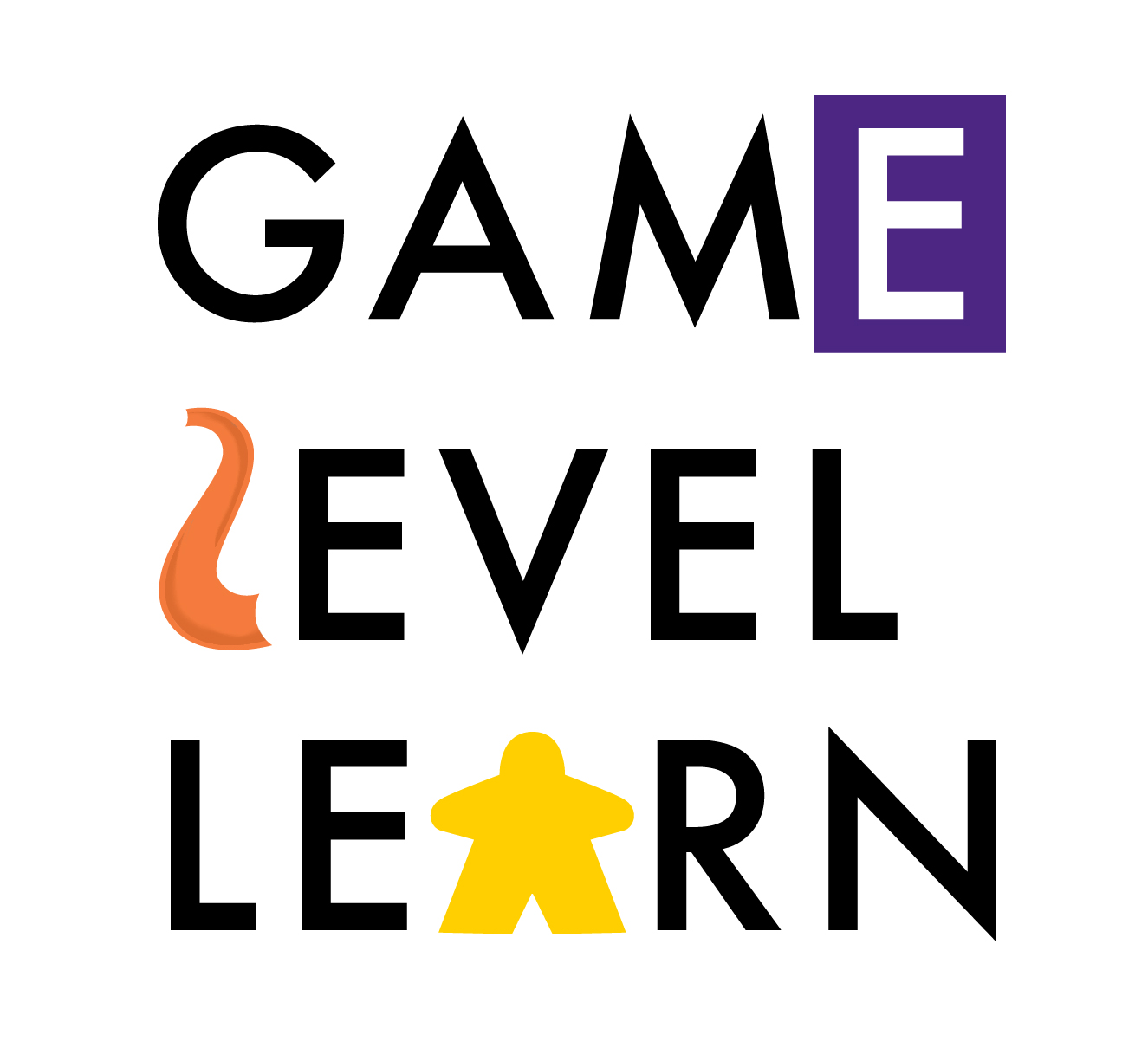51 Mechanics: Action Point Allowance System
/BoardGameGeek (BGG) is a singular repository of gaming information, knowledge and wisdom that has been serving the modern board game hobby since 2000. I consult it regularly and have used its database to manage my own game collection. I also used it when I was writing my 2016 book on gamified instruction, particularly with regard to the game mechanics that BGG identified and organized content into. While there are more than 85,000 games, even now, there are just 51 mechanics. Since every mechanic offers something to the teacher who wants to use games in the classroom, I'm going to use this section of Game Level Learn and my own contributions to it to assess games from each of these 51 mechanics. Next up?
ACTION POINT ALLOWANCE SYSTEM
Action Points are one of the most popular, enduring, creative and challenging of all game mechanics. In an Action Point game engine, players are given a certain number of points to spend each turn on a wide assortment of different actions. Players have to buy these actions with the action points they've been allotted during that turn. Successful players are the ones who understand how the action point engine operates and connects to the victory point engine. Often this meta-analysis is the heart of the game, or at least what makes it a fun mechanic!
Teachers interested in using this kind of mechanic in their classrooms (and action points are an unusually good game mechanic for in-class gamification) should give these five a try:
Burgle Bros. (BGG Rank: 274)
Before even discussing its action point system (which is lean and elegant), it simply must be stated that Burgle Bros. is one of the most ridiculously entertaining games to be published in the last couple of years. One could flippantly describe it as "Ocean's Eleven - the board game." You and your team have to crack three safes on three different floors of a building and escape off the roof with the contents of the safe. The guards on each of these levels get more and more difficult to elude the longer you take to get the job done. There's never quite enough action points to go around. Seriously, just go play this.
Descent: Journeys in the Dark (BGG Rank: 63)
A classic of the dungeon crawl theme, Descent is much more accessible to a broader range of players than the first edition (though to be fair, I think I like the crunchiness of that first edition better at the end of the day). Players have only so many choices they can make and it's easy to make the wrong ones. Great fun.
Mesopotamia (BGG Rank: 1527)
Mesopotamia is a beautiful game with beautiful components in which you are bringing sacrifices to the ziggurat. Delivering these sacrifices requires you to use your action points to explore the board, harvesting materials from quarries or from forests and ultimately banking the resources you need to win.
Tikal (BGG Rank: 187)
If there were a BGG ranking for how well each game implements its main mechanic, Tikal (and its sister games Mexica and Java) would be number 1. In Tikal you are playing an archaeological expedition exploring the Mexican jungle looking for pyramids and other evidence of ancient civilization. The action point system is one of the most sophisticated in all of board gaming. A richly rewarding game experience.
Through The Ages: A Story of Civilization (BGG Rank: 2/16)
A classic civilization building game (if you like the computer game Civilization you will love this game), Through the Ages is accorded a very high place among all games because of its balance of complexity and ease of play. It's super rewarding, even when you don't win.
[Thumbnail photograph from: https://boardgamegeek.com/image/106332/tikal?size=original]

